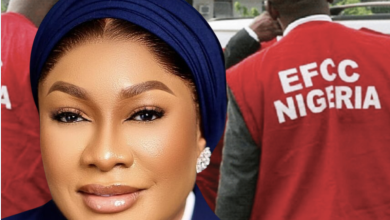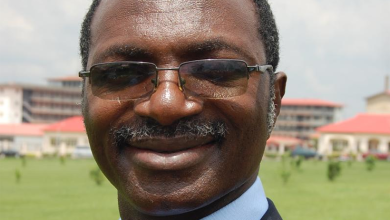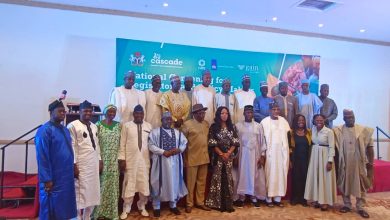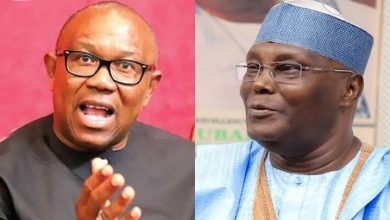Critics Tag CBN’s Handling of Excess Cash as Threat to Economy
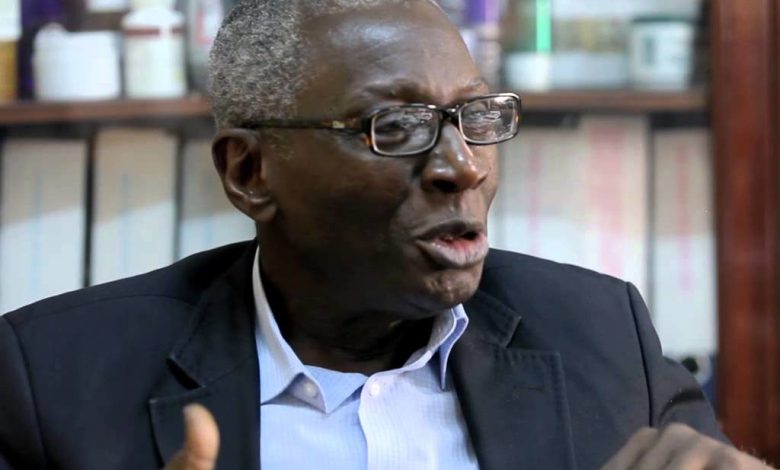
This piece, “Is Poverty the Ultimate Reward for Pension Contributors?” was reposted last week. Because of poor administration, inflation, and unresolved structural problems, the essay emphasizes how Nigeria’s pension reforms have not been able to shield seniors from poverty. (This series and other essays by the late Sir Henry Boyo can be found at www.betternigerianow.com.)
Nigeria’s government has long borrowed its own money from banks at double-digit interest rates, benefiting banks for doing nothing while halting progress. This week’s republication exposes this costly and long-standing practice. This dysfunctional system, driven by bad policy, corruption, and misaligned priorities, is making inflation, unemployment, and poverty worse in spite of corrections and instructions. Under the pretext of monetary management, the CBN’s policies have exacerbated Nigeria’s economic problems rather than following international best practices.
As you read the following article, keeping in mind its year of publication (2013), you will see that, despite the passage of time, Nigeria’s economic status has not improved.
As recently acknowledged by Governor Lamido Sanusi, it is bad enough to ever have to repay a loan; however, our Central Bank’s long-term practice of doing so at rates ranging from 13 to 14% can only be characterized as a regrettable moral hazard that could potentially lead to economic sabotage.
In fact, the three levels of government held nearly N2.384 trillion in zero-interest accounts in commercial banks by June 2013, according to Alhaji Sulaiman Barau, Deputy Governor of the CBN, who confirmed Sanusi’s findings. Banks may have benefited from a bonanza of over N3000 billion for doing nothing in the last ten years, despite our economic and infrastructure turmoil, according to Barau, who also disclosed that such liquidity prompted government borrowing and may have already increased bank profitability by roughly N300 billion, even when they contributed no value to the economy! Even worse, the apex bank merely kept the borrowed funds inactive (sterilized) to regulate the surplus cash supply in the economy, despite the high cost of service!
The quick cash flow from storing government monies led to marketing methods that included setting high goals for delicious young women in little clothes, known as relationship officers, to use as foot troops to draw deposits! Since those banks retained free government funds, it was inevitable that MDA budgeted projects and salaries would be purposefully postponed in order to allow public officials to get off-the-record kickbacks.
Sanusi’s new directive, which requires banks to maintain 50% of government deposits dormant as reserves, is so clearly an attempt to stop the government’s blatant fraud and foolishness of borrowing back its own funds at exorbitant charges!
Since the CBN’s directive, there hasn’t been any improvement, though, as the Debt Management Office and the CBN have borrowed over N300 billion in treasury bills and bonds while also giving the same banks over N200 billion to redeem these matured government obligations! In addition, the average cost of financing to the real sector has increased by more than 25%, and the naira exchange rate has ironically been under a lot of downward pressure!
The recent addition of the accounts of MDAs like the Federal Inland Revenue Service, Customs, and NNPC to the 50% Cash Reserve Requirement will not accomplish anything significant and may even work against the country’s interests. This is because further reduction of the current cash surplus will only result in higher funding costs, which will further reduce the prospects for economic growth while increasing unemployment and the impact of ravaging inflation on the poor.
Both the National Assembly and the Federal Executive seem unconcerned by this oppressive situation, which is inexplicable. What’s worse is that civil society, including highly intelligent Nigerians around the world, and the experts in the CBN’s Monetary Policy Committee seem indifferent to the apparent fraud of the government borrowing back its own funds at absurdly high interest rates for more than 30 years! When it comes to such careless use of public monies, the term “fraud” is perhaps a weak euphemism for a more heinous crime: economic sabotage!
Read Also: National Assembly Not Your Place — Senate Issues Warning to Natasha
The CBN, for instance, oddly kept the Cash Reserve Ratio (CRR) for all deposits, including government deposits, at a meager 1% in 2009, despite the fact that the banks held hundreds of billions of naira in government-free funds. Then, the government borrowed heavily from the same banks at double-digit interest rates to cover the resulting cash surplus.
Fascinatingly, the CBN sarcastically attributes its own failure to reduce single-digit interest rates and inflation to extravagant government expenditure! However, in any country where mass unemployment is a problem, increasing government spending is the best way to generate demand, industrial activity, and job possibilities according to international best practices.
“If public sector deposits in June 2013 comprised 20% of the N15 trillion bank deposit base…, where then is the touted public sector dominance?” reads the August 28 editorial in the Guardian newspaper. “There remains a further N12tn of private deposits that (with CRR at 12%) endows the bank with a maximum lending capacity of N96tn?!,” the editorial correctly concluded.
Regardless of whether one agrees with this argument or not, it is undeniable that CBN creates the onerous load of surplus cash in the economy by taking our dollar earnings and replacing them with monthly naira allocations. For this reason, when naira liquidity rises, the CBN’s so-called “own dollar reserves” also rise, encouraging the government to borrow back its own money at exorbitant rates in an effort to curb the rate of inflation. No central bank ever claims its own foreign reserves, which are not part of a country’s consolidated revenue fund!
Although this repressive system still provides plenty of opportunity for unscrupulous gain in the administration of public monies, it should be acknowledged that Sanusi inherited and continued this false manipulation of monetary policy. For instance, the strange practice of the government borrowing back its own funds at exorbitant interest rates and the payment of fuel subsidies cost our country more than N2 trillion a year without adding any value! Without a doubt, as long as we all keep our eyes closed, our extreme industrial and economic hardships will persist, and CBN’s monetary policies will keep us impoverished even as its own reserves grow.
Strangely, the same kind of economic sabotage can also be seen in the way that annual budgets purposefully understate projected revenue using extremely conservative crude export price/output benchmarks, necessitating significant government borrowing to cover the “ghost” deficits that are purposefully put in place! Our skilled economic administrators don’t care that the government maintains an unnecessary high debt load at exorbitant interest rates to cover the imaginary deficits, while the so-called surplus or excess public monies remain in zero interest accounts!

